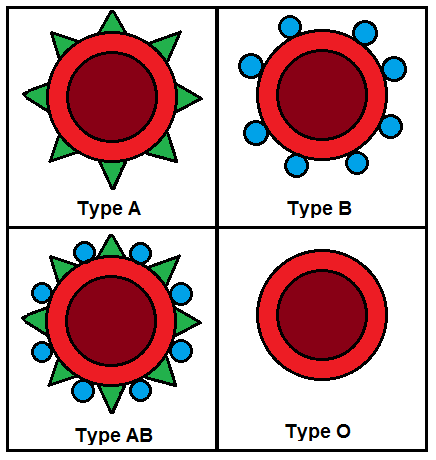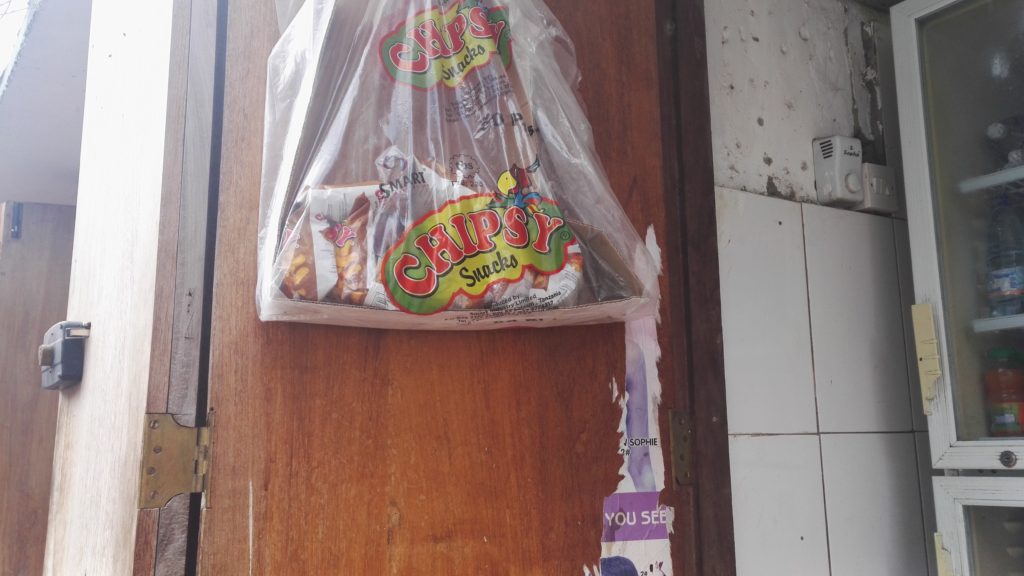In writing a blog post each week about what I learn around East Africa, I invariably keep notes on little things that I see/hear.
Not all of these fit in with a particular topic and so have (until now) remained unpublished.
As I close in on evaluating the different countries, this post is an aggregate of the bits which have “fallen between the gaps”. Expect to learn about facial expressions, mosquito preferences and Japanese horoscopes…
Community service in Rwanda
On the last Saturday morning of the month the country of Rwanda gets out of bed and does some form of community service.
It’s called Umuganda and involves coming together and working on a project, whether that be clearing up a road, planting trees or building a school.
This was a traditional form of communities coming together for a common purpose and has been brought in by the government as a way of instilling national identity.
Road accidents
Combining winding roads with heterogeneous engine powers mean overtaking is rife and dangerous.
Occasionally you’ll start to see small branches appear on the road.
Turning the corner it becomes evident that this isn’t an act of nature, but in fact they’ve been placed there to signal an upcoming hazard.
On one occasion in Rwanda, we saw an overturned lorry with a shipment of corn emptying into the gutter.
Local people crowded around and clearly organised themselves in such a way to recoup fallen grain and (I guess) to eventually attempt to un-upturn the lorry.
I didn’t see the division of labour but I find any time this type of self-organisation an interesting activity.
There are similar culturally understood hand signals in operation between drivers to communicate whether roadside police are about.
Indicating position
All my life, if I wanted to communicate “over there” without speaking, I’d point.
Though in Rwanda, this isn’t always the case.
When sat in cafes I’ve seen people essentially pout in the direction of where they want their tea to be placed down
I suppose that where the idea of raising an arm with an outstretched finger has become an understanding of direction, things have just evolved differently in Rwanda. Perhaps because they always used to have their hands full.
I can imagine there might be confusion on a Rwandan catwalk with people on the front row looking over their shoulders thinking their missing out on something interesting happening behind them that the model has seen…
The “stop and chat”
It’s considered rude in most places if you are within a 20 metres of someone and you don’t go and say hello. Even if you go past someone’s house.
A few people have said about it, and when my friend Jean asked whether people do it in England the best explanation I could muster was that if someone says Hi, there’s usually a reason.
Mosquitoes and blood type
My blood is in fairly high demand.
Growing up, I’ve heard that being O negative means you can give to anyone, but only receive from other Oers.
I never really understood why they were named into the different groups but this fun diagram kind of makes it a bit clearer (to me at least)

The fact that some blood platelets are a little smooth disc means that it can be transfused into someone else and still play nicely.
The reverse isn’t true though, so a spikey A type blood will keep bouncing around my veins and not flow through properly.
Anyway it turns out that it’s not only human nurses who like O negative, but also mosquitoes
I’d never given any thought to whether mosquitoes would discriminate about which type of blood they sought out, but (after a chat over breakfast one morning) I found out that they disproportionately favour the O stuff.
I looked into this a bit more and whilst there’s nothing too conclusive, it apparently might be to do with the chemicals that you secrete as well.
Personality types
Now the Googling had started I was soon succumbing to link bait and ended up on some articles saying that personality type could be predicted by a person’s blood type.
It’s a big thing in Japan apparently where they treat it a bit like horoscopes, suggesting what your mood and temperament might be, and also who you might be a good match with.
And as fanciful as horoscopes are, I can sort of rationalise the blood thing (a bit) more. There seems to be some difference in how blood carries minerals around your body based on its type and so by a few leaps of logic I could believe that it leads to patterns in neurological make up.
Though I’d be very happy for someone with a half-decent understanding of biology to please step forward and correct me.
Anyway, if you want to be told what characteristics you have, take a look here.
Idle and disorderly in Uganda
You can get arrested for sitting in a park.
This has only been heard second hand but apparently back in the 50s some important dignitary made a passing comment when walking past some people chilling on a bench along the lines of “people don’t seem to be doing much”.
The embarrassed minister went back to the office and said “we must fix this!”, with the squarest solution being to simply ban the practice of sitting down and doing nothing.
My landlord in Uganda said this has led to people always being prepared to say they are “talking business” if the Po-Po are out on patrol.
Not sure how much it’s enforced (and there’s talk of repealing it) but interesting nevertheless.
Punching drinks
In Uganda, this is how you describe adding a mixer or indeed any second ingredient to an alcoholic drink.
Person 1: “thanks, that’s enough whisky in my glass”
Person 2: “do you want me to punch it?”
Person 1: “why thank you”
Eyebrows
A bit like Rwandans pouting, many Ugandans shimmy their eyebrows during a conversation with you.
At first I found it quite disconcerting, as if they were indicating to a bit of food that had somehow got stuck on my forehead, or subtly suggesting “how about we get out of here”.
I discovered (after furrowing my brow) that neither would be the true meaning, and instead was a substitute for where I would say “uh huh”.
Bumpy roads
Speed cameras were first used for invented for law enforcement purposes in the 1960s
They are a relatively complex technology, requiring a regular electricity supply and an infrastructure to process speeding offences.
Assuming that its core purpose is to abate fast driving then this is much more cheaply achieved by dispersing speed bumps along national highways.
In a country with limited government resource, the 80:20 approach of preventing speedy drivers is probably to roll out some concrete sausages and come back to the fancy stuff later.
At least that’s the logic I told myself when bouncing in my seat along the way through the crossing to Kenya on an overnight bus from Uganda.
Football
I’d say a disproportionate number of people support Arsenal.
Chelsea and Manchester United are common too, but the Gunners have got a stronghold from
“What is your team?” is a question that comes within the first 90 seconds of any conversation with a male between the ages of 12 and 35.
We have a chat about about the latest game in the “EPL (English Premier League)” and invariably share looks of disbelief about Mourinho’s latest antics at the weekend (I’m not following football that much, but find this one is a safe bet).
This is often closely linked to the question “Where are you from?” into which I give a geography of London based on the football teams of the city, finishing at “West Ham” in the East.
If they seem to have a good grasp of the country I might try and explain where my home town is, but the absence of a renowned team from the Midlands renders this almost impossible.
“Chipsy”
I think this is my favourite Swahili word.
When a word doesn’t exist in a local language the “foreign” version is typically borrowed directly from the lender.
In England an example is Duck l’Orange.
Anyway whilst Del Boy might be thinking his pronunciation is parfait, a native French person, despite understanding the meaning, might smile at the Anglification of how he says it.
In East Africa, I have found that “-y” is a typical addition once a word is borrowed from English. If in doubt you can ask for “the billy”, “a lifty” or “the policey”.
With the spelling of words being phonetic, this means when it is written down, it becomes what-you-see-is-what-you-get.
Such as these snacks.

All in all though I think it’s a pretty intuitive way of communicating things.
Conclusion
There will no doubt be further things to learn as I get settled into things in East Africa.
For now though, if you’re interested in reading more observations of the countries I’ve been to then take a look at Rwanda: An Introduction and A Bit More, Uganda: An Introduction and A Bit More, Kenya and Tanzania.